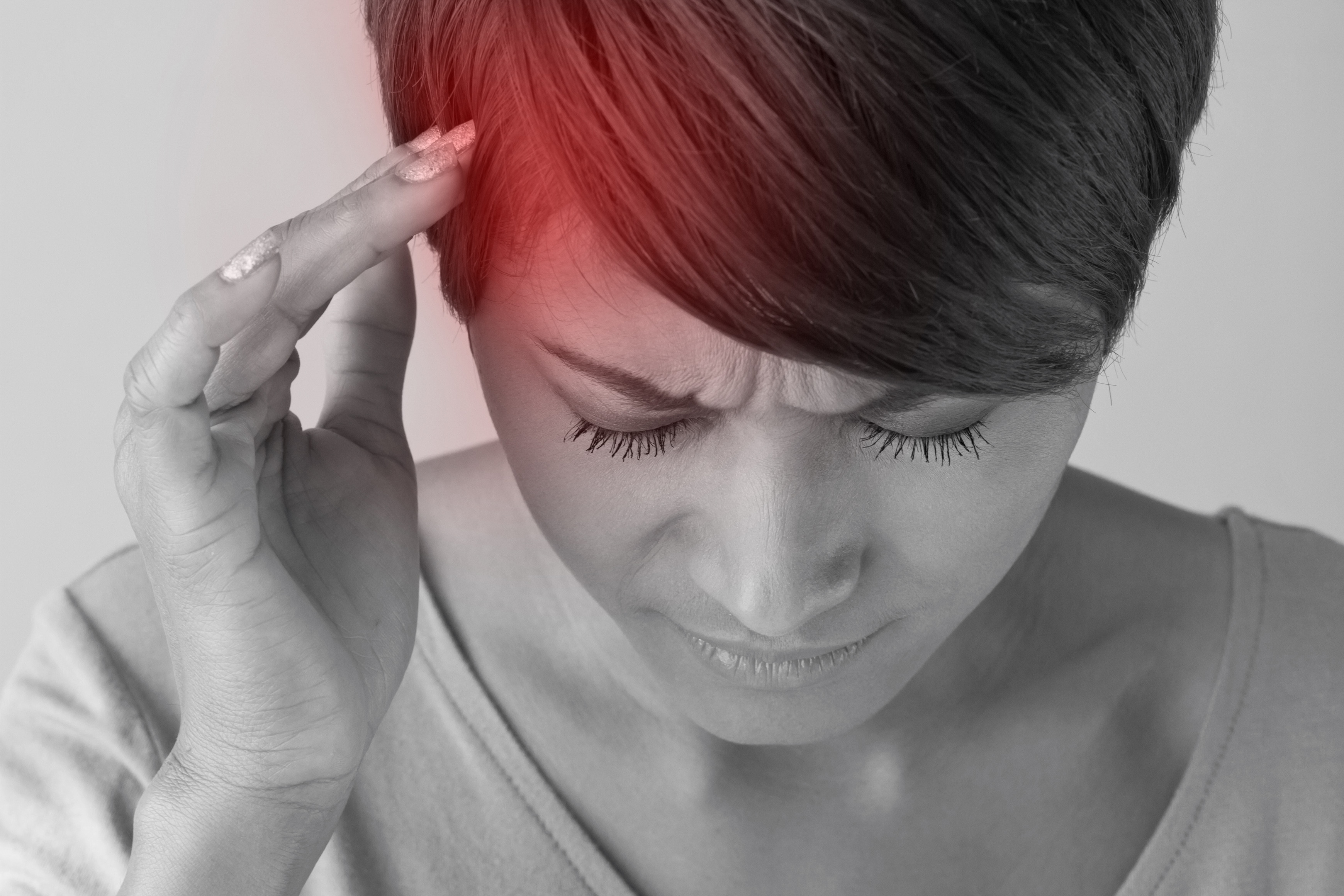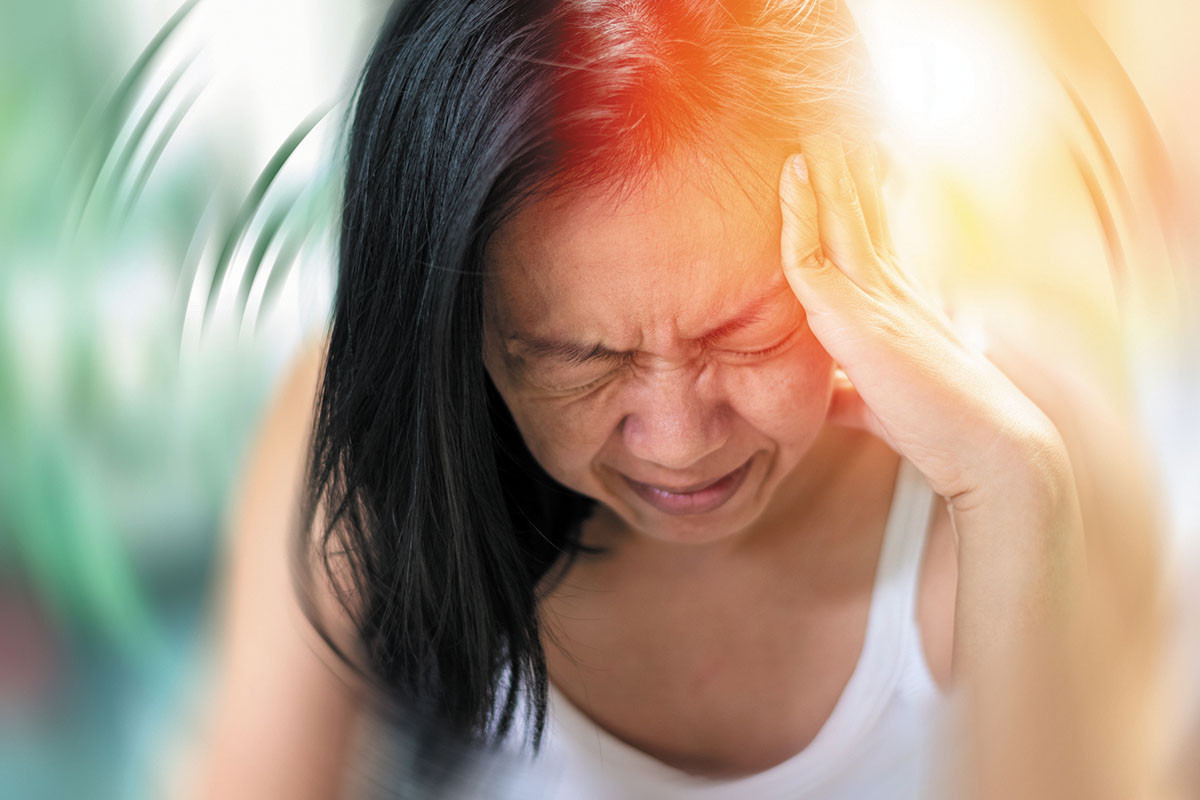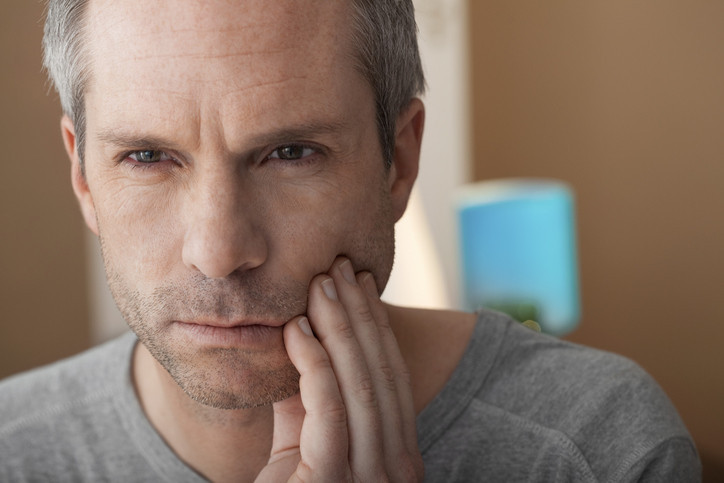
Can white noise really help you sleep better?

Celiac disease: Exploring four myths

What is prostatitis and how is it treated?

What is Cushing syndrome?

Exercises to relieve joint pain

Think your child has ADHD? What your pediatrician can do

Foam roller: Could you benefit from this massage tool?

Stepping up activity if winter slowed you down

Common causes of cloudy urine

Dragon fruit: How to enjoy this antioxidant-rich fruit
Headache Archive
Articles
When headaches won't go away
Women are three times more likely than men to get migraine headaches, in part because of the hormone estrogen. A number of different medications are available to prevent migraine and stop them when they first start.
5 unusual types of headaches
Some types of headaches are easily recognizable, while others are less common, and if one occurs the symptoms can be puzzling or even frightening. When unusual or frequent headache occurs, take note of the symptoms so that you can describe them accurately to your doctor.
Women with migraines more likely to have pregnancy complications
A 2023 study suggests that women who have migraine headaches before pregnancy may have higher risks of pregnancy complications that could threaten their health or that of their babies.
Battling a "brain storm"
Migraines, which affect nearly 40 million Americans, are likely vastly underdiagnosed and undertreated. Women are three times more likely to get migraines than men, and hormones appear to be a major trigger. Other triggers include stress, disrupted sleep patterns, hunger or dehydration, certain foods or medications, and bright lights or loud noise. Newer medications are more targeted and pose fewer side effects. They include CGRP (calcitonin gene-related peptide) blockers, more effective nasal sprays, and green light therapy.
How can I tell if I have a concussion?
Concussions occur when the brain bumps or twists inside the skull after a blow to the head. Signs of concussion include headache, eye pain or fatigue, neck pain or stiffness, imbalance, impaired depth perception, difficulty remembering, or sleep pattern changes.
You don't say? The scoop on ice cream headaches
A cold-stimulus headaches, or "brain freeze," happens after a person eats or drinks something very cold. It causes a sharp pain that centers on the forehead and usually lasts several seconds. Taking smaller bites and chewing slowly can ward off this reaction.
How can I stop grinding my teeth when I'm asleep?
Teeth-grinding during sleep is common. People with the habit may wake up with sore teeth, headache, or earache. Over time, it can lead to broken teeth or jaw pain and clicking. A dentist can create a fitted mouth guard or prescribe muscle relaxants.
Struggling with migraine hangovers? Read this
Migraines can last hours or days and span several distinct phases. A post-headache phase leaves as many as four out of five migraine sufferers feeling like they have a hangover. Experts recommend different approaches to help ward off lingering symptoms depending on their intensity.

Can white noise really help you sleep better?

Celiac disease: Exploring four myths

What is prostatitis and how is it treated?

What is Cushing syndrome?

Exercises to relieve joint pain

Think your child has ADHD? What your pediatrician can do

Foam roller: Could you benefit from this massage tool?

Stepping up activity if winter slowed you down

Common causes of cloudy urine

Dragon fruit: How to enjoy this antioxidant-rich fruit
Free Healthbeat Signup
Get the latest in health news delivered to your inbox!
Sign Up











